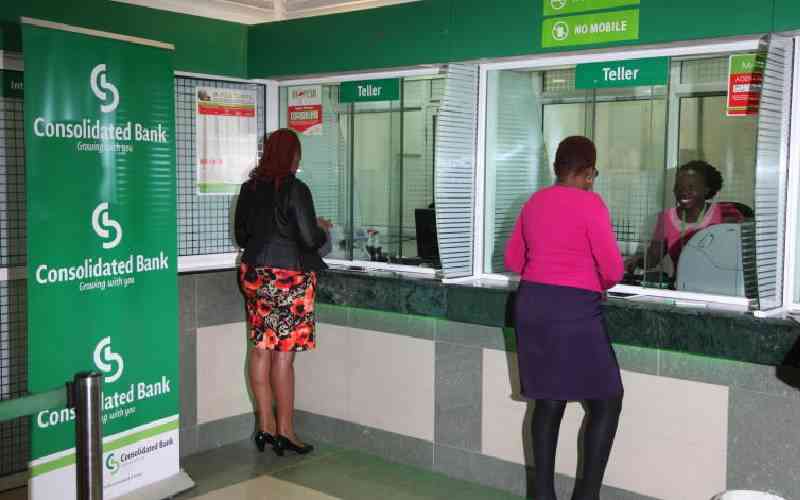×
The Standard e-Paper
Read Offline Anywhere

The taxman sees a potential negative impact on the tax revenue generated by Kenya's commercial banks after their earnings slowed due to challenging operating conditions.
The development marks a huge blow for Kenya Revenue Authority (KRA) as the banking sector has historically been a significant source of income for the government.